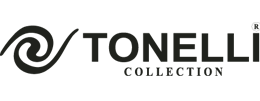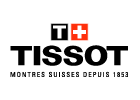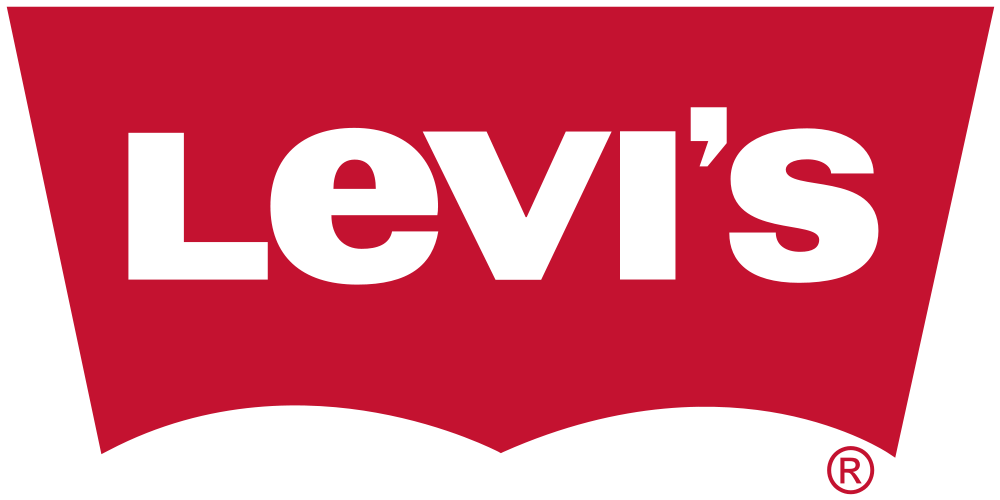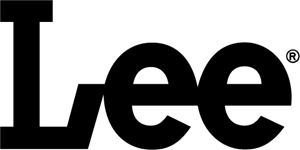Cybersecurity Resources for Accounting Practices

Ransomware attacks targeting accountants and bookkeepers often use social engineering tactics to gain access to their systems. Therefore, it’s more important than ever that you understand what cyber threats exist and how you can take action to minimize risk. A strong password should contain upper and lower-case letters, numbers, and special characters.
B. Call to action for accountants and firms to prioritize data security

Smaller firms probably don’t have enough resources for this, but bigger companies should consider hiring a cybersecurity expert. Experts can assess your firm’s vulnerabilities, recommend appropriate security measures, and assist in implementing the latest security practices. Data security is not only crucial for protecting clients but also for safeguarding the accounting firm itself. After all, malicious actors won’t stop trying to exploit vulnerabilities in your accounting system because they can monetize sensitive data.
Secure Physical Access

Accountants handle a vast amount of confidential information, including client financial records, tax returns, and payroll data. As such, data security is not merely a technical requirement Accounting for Churches but a fundamental aspect of professional ethics and responsibility. Ensuring that this data is secure helps protect clients from identity theft and financial fraud, which can have devastating consequences for both individuals and businesses.
Practical tips to improve accounting security
- The skill can be attained by taking a course, or self-taught through various internet resources.
- At Accounting Seed we’re focused on removing security concerns to give you the peace of mind to use your accounting data effectively for your organization.
- It’s a virtual private network (VPN) that protects your internet connection from hackers and data leaks, even on public Wi-Fi.
- Ensuring that all personnel are trained in data security best practices is essential to mitigate these risks.
- Ensuring robust data security measures is essential to maintain client trust and comply with regulatory requirements.
- This lowers the barrier to entry for this type of activity and may contribute to the increasing number of cyberattacks globally.
The cornerstone of robust accounting security is ensuring that access to sensitive data is strictly controlled and differentiated based on roles within your firm. “Accountants deal with very sensitive and confidential information about their clients such as social security numbers, bank account information and personal addresses. A data breach could compromise their clients and expose them to identity theft, financial fraud and other forms of malicious activities. Needless to say, clients would quickly lose trust in their accountants if such an incident occurs” – Abdullah Almsaeed, CTO, Financial Cents. This is made even more complex with the shift towards remote work and the increased reliance on cloud technology. Encrypting your financial data ensures that even if unauthorized access occurs, the information remains unreadable.
- Although most commercial accounting software products are designed to be fairly secure, regulating secure access to those systems falls in the hands of the user and becomes the weakest security link.
- In the field of accountancy, where sensitive financial data is handled, implementing strong password policies is crucial for safeguarding information.
- This approach helps prevent scenarios where employees retain unnecessary access rights after changing roles, thereby reducing the risk of data breaches and unauthorized access.
- By implementing robust security protocols, accounting firms can maintain client trust and ensure compliance with regulatory standards.
- With the increasing prevalence of cyber threats, protecting client data has become a critical priority.
- A breach of sensitive financial information can have dire consequences for clients and the accounting firm’s reputation.
- A comprehensive user access management audit process is crucial for maintaining these advanced permissions.
Safeguarding Financial Integrity: The Critical Role of Data Security in Accountancy
- Moreover, regular software updates and the use of security patches are crucial in safeguarding against emerging threats.
- This often encompasses client financial records, personal identification information, and transaction histories.
- According to an Inc. article, 60% of small businesses fail within six months of a cyber attack.
- Regular security audits and updates are also necessary to address emerging vulnerabilities and maintain a strong security posture in an ever-evolving digital landscape.
- Cyber threats, particularly targeted attacks like spear-phishing, are on the rise, making it essential for firms to prioritize the protection of sensitive financial information.
- Technology evolves rapidly, and cybercriminals continuously develop new methods to exploit vulnerabilities.
But, what’s even more disheartening and dangerous is that internal accounting data threats are even more costly. Try Nomi’s practice management software if you’re looking for software that helps with accounting practice in cyber Security. Numerous features in Nomi’s practice management software are designed to improve client communication, streamline workflows, and increase overall productivity during tax season. TitanFile enabled Crowe Soberman’s clients to securely upload receipts, tax documents, and other files all year round. This led to improved client communication, quicker turnaround times, and greater client satisfaction. With TitanFile, the firm saw a 90% user adoption rate and a significant shift toward paperless processes, all while maintaining high-security standards.
Businesses may protect their information from cyberattacks by understanding the particular threats connected to financial data and putting appropriate policies into place. This requires users to provide multiple forms of identification before accessing sensitive financial data. Moreover, the rise of digital technologies and remote working accounting security has increased the need for enhanced data security protocols. Accountants must adopt comprehensive security frameworks that include encryption, access controls, and regular audits to safeguard sensitive information. By prioritizing data security, accounting professionals can ensure the integrity of their services and protect their clients’ financial well-being.

S digital landscape, accountancy firms face numerous threats to data security that can jeopardize sensitive financial information. Cyberattacks, such as phishing and ransomware, are prevalent, targeting organizations to gain unauthorized access to critical data. Some think that cyber security and data security are not linked to the accounting life cycle. For example, besides hacking, financial data threats can include errors and unintentional data breach that necessitates sophisticated solutions to safeguard data. Accountants and accounting firms know that financial data breaches threaten livelihood, business growth, customer relations, and more. Similarly, the same account details you use to track debits and credits are vulnerable to malware and malicious activity.
B. Importance of cloud security measures

But there’s an easy way to avoid threats that come with QuickBooks public WiFi networks — use a virtual private network (VPN). This kind of software won’t only help you manage your work but also protect your cloud accounting data. However, some dangers, including phishing attempts and counterfeiting, can cause your banking and credit card credentials to be stolen and your money to be misused. Categorize this data based on its sensitivity and the potential impact its loss could have on your firm and your clients.
Accounting cybersecurity: how to keep your financial data safe
Get a close-up view of how accounting on Salesforce can eliminate the need for costly integrations—and silos of mismatched information—by sharing the same database as your CRM. Object/field trail functionality lets users view and document changes done to an object or a specific record within the object. Audit trail lets you track changes throughout the financial reconciliation process to maintain accurate, up-to-date information. This also lets you see exactly who is doing what in the general ledger, with project accounting, and every other aspect of the accounting process. Establishing a user hierarchy lets you dictate which specific user(s) can view or change specific components of accounts or records within the system, like reports. User permissions let you clearly define what tasks users can perform, approve, and have access to.


















